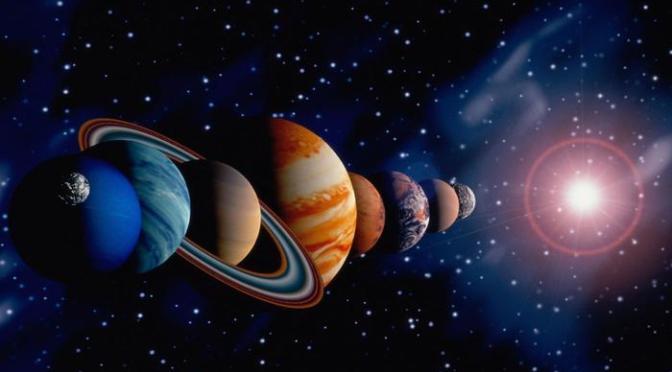A rose is a flower that has become a symbol, but the rose is still most importantly a rose. It has beautiful petals, a thorny stem and is connected to the Earth, a demonstration of the infinite variety of beauty we live among in Nature. But is the rose as beautiful when it is cut away from the bush? Clearly, it is not, for it is now not seen among the other roses, and is not seen with the backdrop of Nature itself. The rose is isolated and cut off from its source and origin, and while it can artificially survive for awhile with water in a glass jar, it never again pulls the nutrients from the soil, nor does it ever blossom again with another rose. This is the nature of humanity’s predicament.
You are being cut off from your Source, and Nature, and isolated for momentary enjoyments, and then discarded from your connection to what originally sustained you. Yellow is the color of the Sun to some eyes, white to others, and gold to a few more. But the Sun is neither yellow, nor white , nor gold, because it is so much more. The Sun is a radiant infinity of colors. To describe something limits it; to cut something away from its Nature to admire it limits it. To perceive that by isolating something away from its Nature or to describe something’s fullness within the limitations of language is a type of folly, a pale imitation of the original. These example are in no way a rebuke of those who admire flowers or of poets and writers, but instead a reminder that one can fall in love with incompleteness, instead of simply stepping back and admiring Nature’s work and Source’s work in its fuller sense.
And is it more romantic to give someone a rose, or to take them to a rose bush, and sit down holding hands and admiring the rose bush together in its natural setting, and then leaving the rose to its family and surroundings and natural space? What is it in the motivations of human beings to take from nature and in one sense destroy it for their own personal satisfaction, rather than simply admiring it for what it is without placing any designs upon it?
When we are able to visit other worlds of beauty, should we go there and admire them as they are, or ravage them for our own personal satisfaction, at the expense of those worlds with their own rhythm and vivaciousness? Water has shown humanity that our consciousness and focus and intention does manifest change in the object upon which we focus. That is how powerful our consciousness is. Are we powerful enough to observe without taking? Are we bright enough to watch without commenting? Can we simply be silent and “Let It Be”?
The Universe does not necessarily need humanity to leave its imprint upon it. This is often done for the sake of ego satisfaction, instead of a truly heartfelt creation of connection. Connecting does not mean owning. Connecting does not mean creating fragments. Connecting means observing and feeling without selfish demands or placing limitations or boundaries upon what is being observed. One could write about the Sun every day of one’s life and fill hundreds of volumes of books, and still not capture its true and fullest essence. For every rose or tree taken, plant three more, or consider the alternative of simply admiring Nature as Nature is, in the most unobtrusive and respectful way possible.
In a few short years, we may be venturing to other worlds. We should not leave them as we are leaving the Earth, despoiled and ravaged and polluted by our desire for individual satisfaction. We should take three steps back, and allow Nature to Be, and marvel at its sacred geometry, its natural knowingness and fulfillment, its ebbs and flows, its seasons of change and rebirth, and do it in such a way as to show Nature our intention of respect, cherishing, and honor. We can try to capture the essence of Nature in our expressions of art and building, we can share a rose with one another, but we can do better, too, by humbly recognizing the magnificence of Creation without feeling compelled to conquer it. We can plant and farm and build communities more in harmony with the Earth. We can produce science that does not sacrifice our precious planet. We can tread lightly, and give Nature back to Mother Earth unspoiled and loved from the deepest parts of our Souls. Only after we have mastered this principle should we truly consider venturing to other worlds, and go in admiration instead of acquisition.
With Deep Love,
Your Guides

